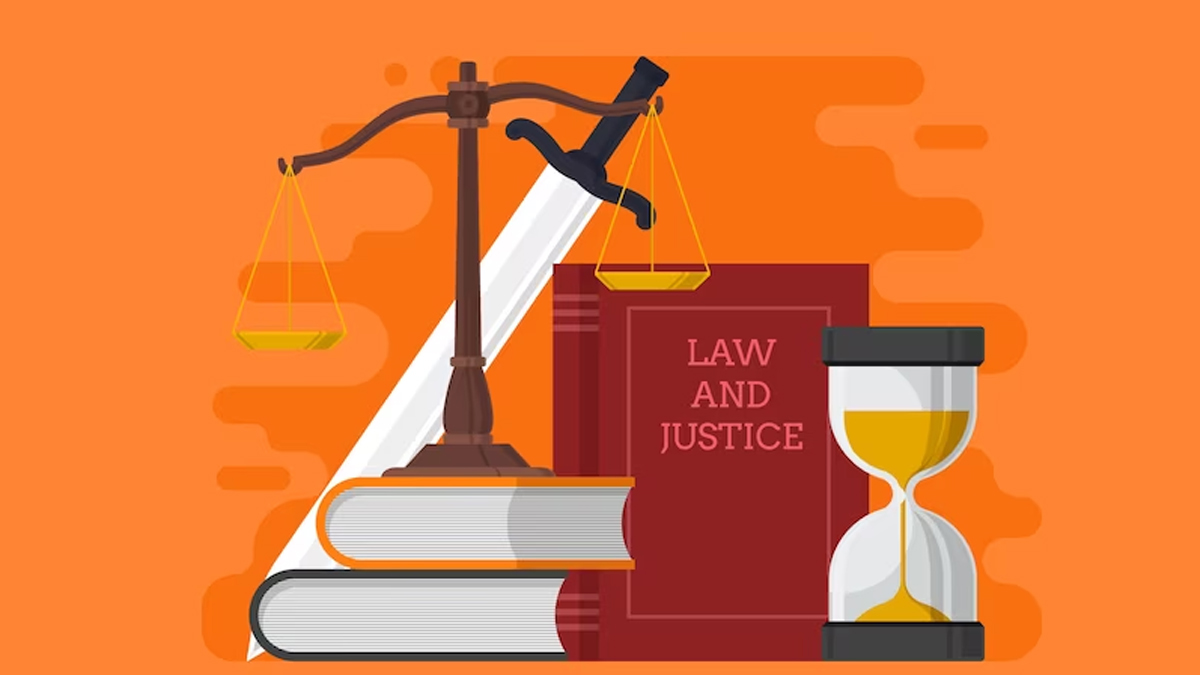Case Background
The case revolves around the procedural aspects of an inquiry under Section 202 of the Code of Criminal Procedure (CrPC). The main legal issue concerns the rights of an accused during the pre-process stage of a criminal complaint.
Key Issues
Prima Facie Case and Issue of Summons:
- A Magistrate initially found a prima facie case against three individuals, excluding Parmeshwar Prasad Singh (respondent 1). Summonses were issued to the three individuals.
- A subsequent report suggested there was no prima facie case against respondent 1, leading the Sub-divisional Magistrate to dismiss the complaint without assigning reasons.
Revision and High Court’s Decision:
- The Sessions Judge ordered further inquiry against respondent 1. Respondent 1 and one of the other accused filed a revision before the High Court.
- The High Court accepted their revisions, leading to an appeal in the Supreme Court by Chandra Deo Singh, who argued that respondent 1 had no right to contest the case before the issuance of process.
Participation of the Accused in Pre-Process Inquiry:
- The core issue was whether an accused has the right to participate in the inquiry under Section 202 CrPC before the issuance of process.
Supreme Court’s Ruling
Accused’s Role in Inquiry:
- The Supreme Court clarified that under Chapter XVI of the CrPC, an accused does not have a right to participate in the proceedings before the issuance of process. This is to ensure that the inquiry does not turn into a trial.
- Allowing the accused to intervene at this stage would undermine the purpose of the inquiry, which is to shield individuals from frivolous complaints and to ensure a thorough investigation before proceeding to trial.
Magistrate’s Role:
- The Court emphasized that the Magistrate’s duty is to conduct an impartial inquiry to gather all relevant facts to determine if there are sufficient grounds for proceeding against the accused.
- The inquiry is meant to be a preliminary assessment to prevent unnecessary harassment of individuals named in the complaint.
Distinction Between Inquiry and Trial:
- The Court underscored the need to maintain a clear distinction between the stages of inquiry and trial. The pre-process stage should not afford the accused the same rights as during a trial.
Conclusion
The Supreme Court’s decision in this case reinforced procedural safeguards to prevent the misuse of the criminal justice process. It highlighted the importance of limiting the accused’s involvement during the pre-process stage to ensure a fair and impartial inquiry.
